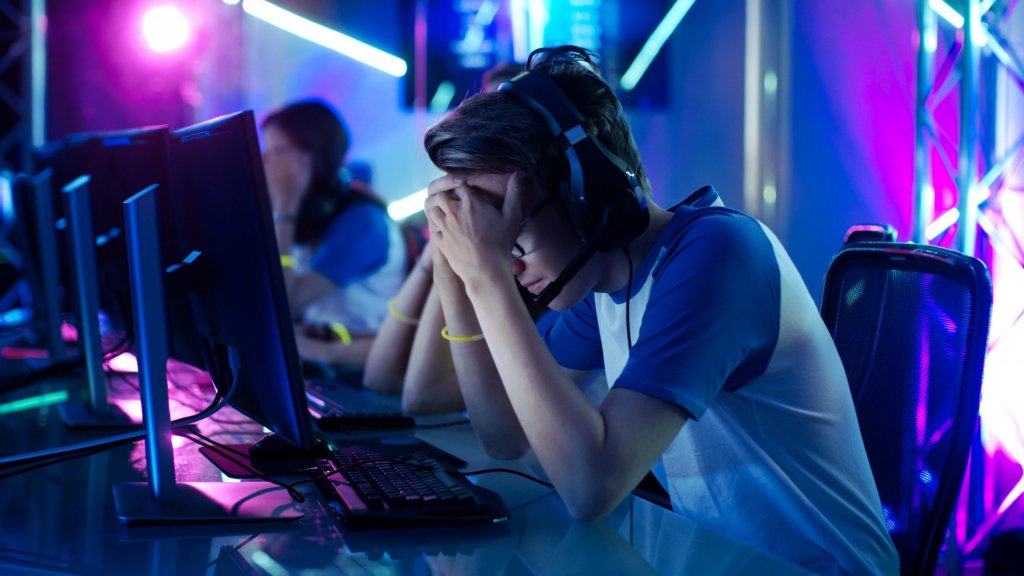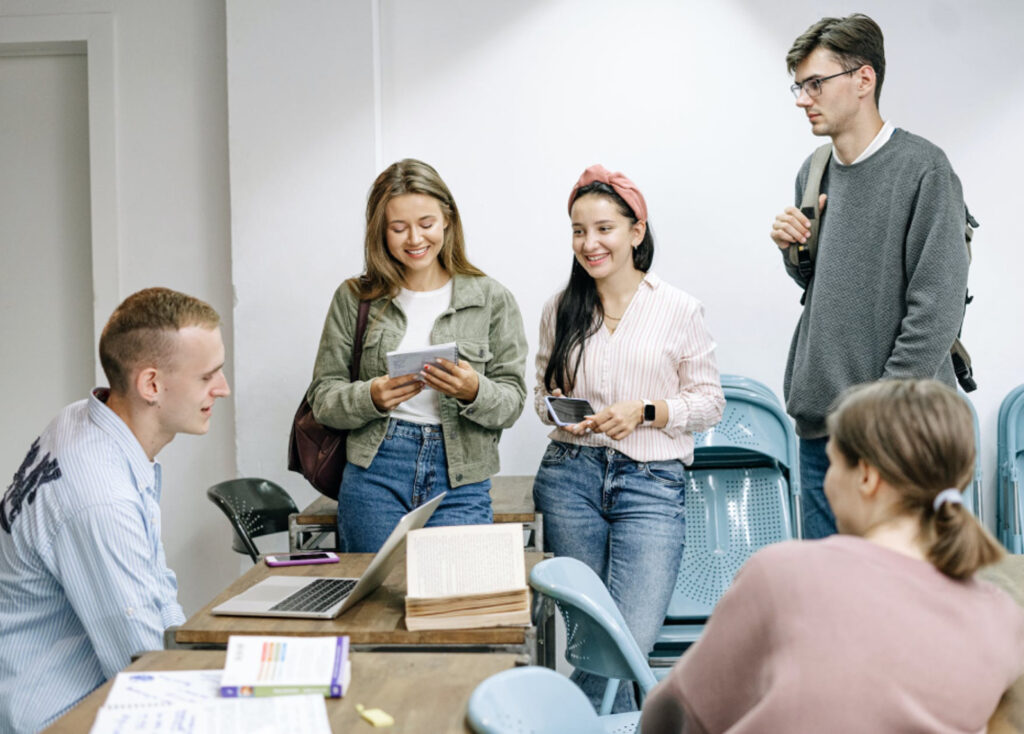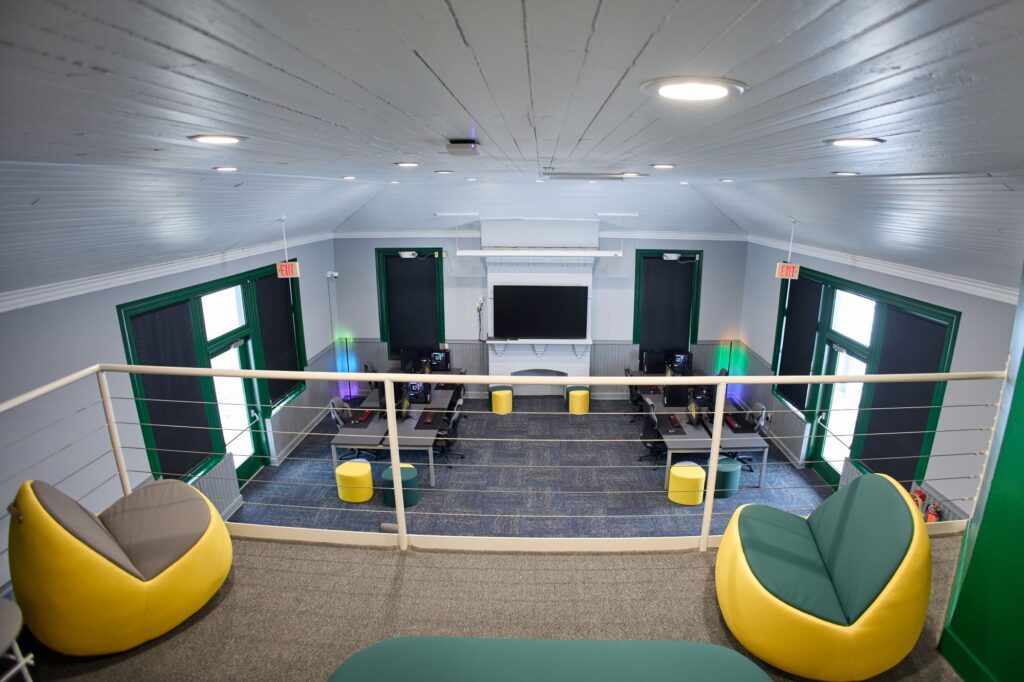
In recent years, Esports has risen to new heights in the world of entertainment and sports. As the stakes get higher and the competition intensifies, the importance of mental preparation and psychological resilience cannot be overlooked.
Esports psychology and mental training have become essential components for players striving to excel in this competitive arena.
In this blog, we will delve into the psychological aspects of competitive gaming, offering valuable insights and tips to help you improve focus, manage stress, and enhance performance.
Esports, much like traditional sports, involve numerous psychological factors that can influence a player’s performance.
By implementing mental training techniques and seeking professional help when needed, you can elevate your skills and reach new heights.
Here are some mental training techniques that will help excel you on and off the virtual battlefield:
1. Visualization
Visualization involves mentally rehearsing your gameplay.
Before a match, close your eyes and visualize yourself making perfect plays, staying calm under pressure, and ultimately winning the game.
This technique helps build confidence and reduces anxiety.
2. Mindfulness and Meditation
Mindfulness exercises and meditation can enhance focus and reduce stress.
Dedicate a few minutes each day to practice mindfulness, such as deep breathing or body scans.
These techniques can be particularly helpful during high-pressure situations.
3. Goal-Oriented Practice
Focus your training sessions on specific goals – Identify weaknesses in your gameplay and work on them methodically.
This goal-oriented approach helps you measure progress and stay motivated.
4. Self-Talk
Pay attention to your self-talk – the internal dialogue you have with yourself.
Replace negative thoughts with positive and constructive ones.
Instead of dwelling on mistakes, use them as opportunities to learn and improve.
5. Review and Reflect
After matches, take the time to review your gameplay objectively. Analyze your decisions, strategies, and mistakes.
This self-reflection process is essential for continuous improvement.

